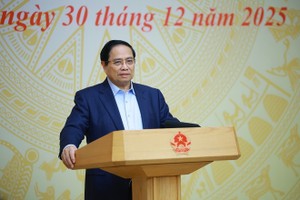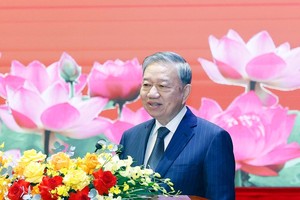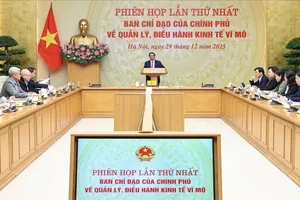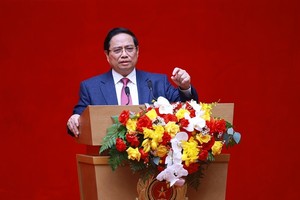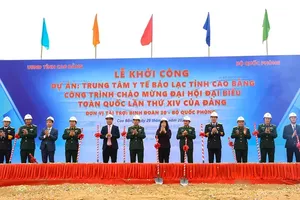Rising labor and other production costs are threatening Asia’s competitiveness and preventing many countries from transitioning beyond the hard-won middle income status they have attained in recent decades, a seminar audience in Vietnam’s Hanoi heard Friday.
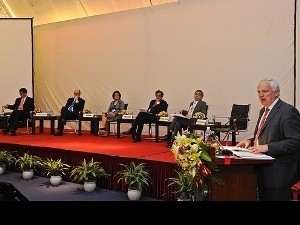
“The gradual loss of cost advantage in Asian economies may lead to a ‘middle income trap,’ whereby middle income countries cannot compete with low-cost producers at the lower end of the market or with advanced nations at the high end of the market,” ADB Vice President for Knowledge Management and Sustainable Development, Ursula Schaefer-Preuss told the participants of the seminar.
The seminar, “Middle-Income Asia: Policy Challenges Ahead,” looked at the challenges faced by middle income countries such as the China, India, Indonesia, and Vietnam as they seek to attain higher levels of development. These include maintaining stable economic environments, developing human capital, improving governance, and tackling growing inequality.
Vice President Schaefer-Preuss noted that the robust economic growth that elevated much of Asia to middle income status over recent decades has lifted hundreds of millions of people out of poverty. But she warned that around 1.8 billion still live on less than $2 a day – and will continue to do so unless reforms enable middle income countries to escape or avoid the “middle income trap.”
ADB Chief Economist Changyong Rhee raised some questions that need to be addressed by policymakers, building on the experience of the Republic of Korea in the mid-1990s in its transition from medium- to high-income levels.
“As Korea’s experience shows, middle income economies need to resolve issues on the use and extent of industrial policy, the proper roles of the banking sector and capital markets in allocating risk, how to diversify manufacturing-centered employment, and avoiding geographic inequalities at the start of the transition process to avoid problems later on,” said Mr. Rhee.
Citing the success of Japan in achieving a high economic status, Kenichi Ohno, Professor, National Graduate Institute for Policy Studies, stressed the importance of a proactive industrial policy, private sector dynamism, continuous human capital accumulation, and a national campaign to “energize a sleepy private sector into action.” “Only those countries that establish a national internal mechanism to promote and even force human capital accumulation can escape from the trap and attain high income as this helps create values that the world wants,” he said.
In addition to Vice President Schaefer-Preuss, Mr. Rhee, and Mr. Ohno, other speakers at the seminar were Ravi Kanbur, Professor of Economics, Applied Economics and Management, Cornell University; Robert Mundell, Winner of Nobel Prize in Economics in 1999 and Professor, Economics Department, Columbia University; and Dwight Perkins, Professor, Economics Department, Harvard University.








